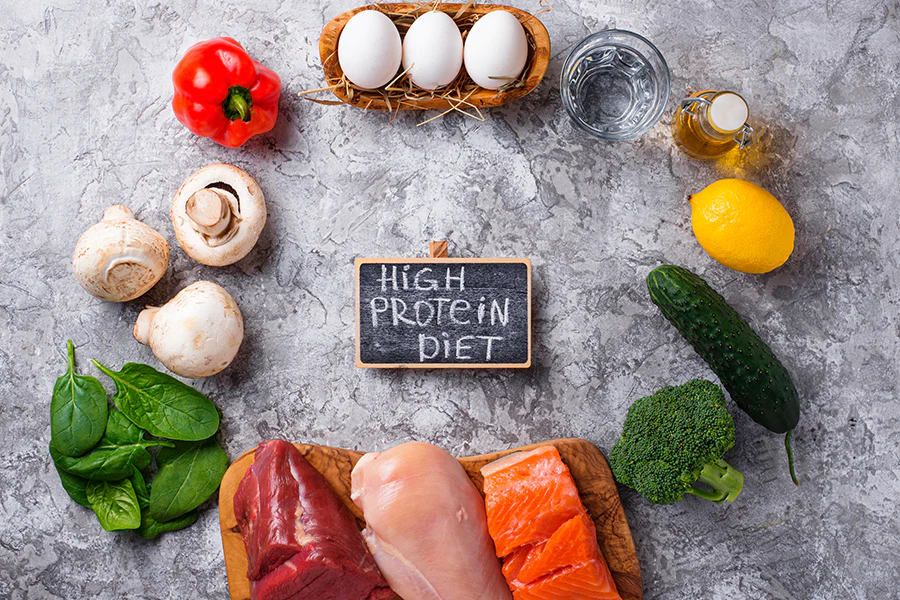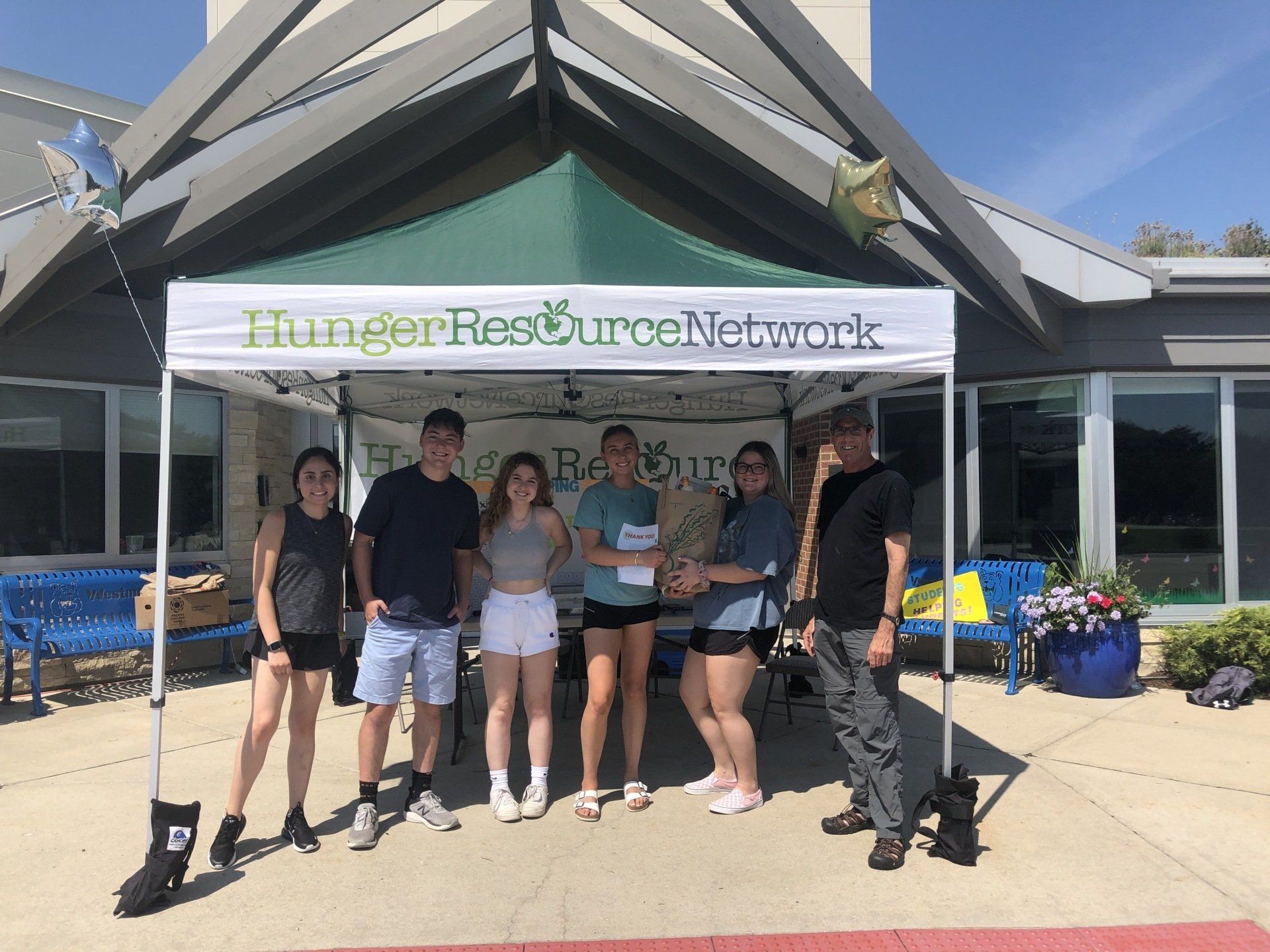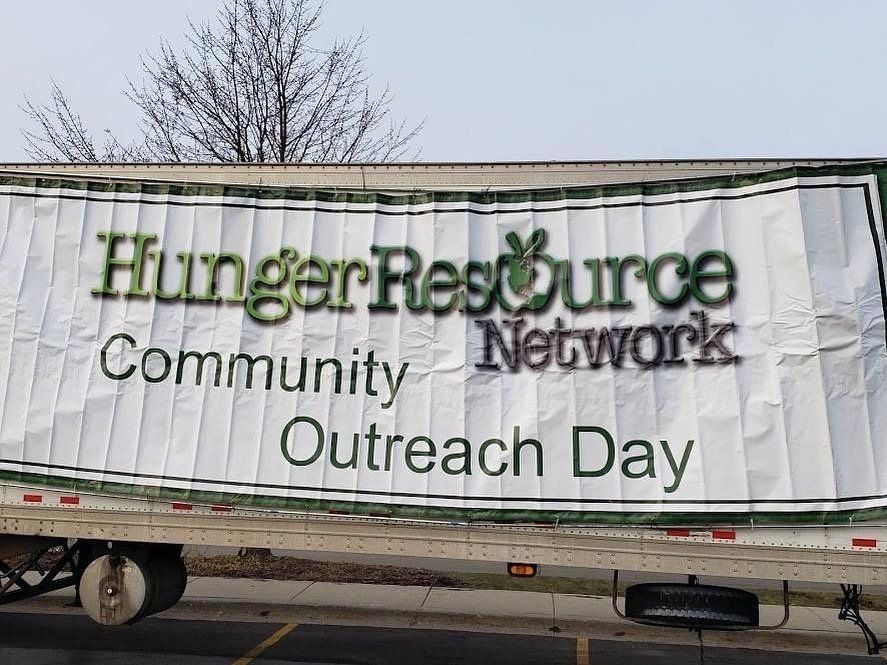NEARLY 800,000 FOOD INSECURE IN COOK COUNTY
Cathy Allen
Cook County has “the third-largest population of food-insecure people in the United States

It’s well known that the Covid-19 pandemic has caused serious consequences for millions of people worldwide, but the extent of those consequences closer to home is becoming alarmingly apparent. Cook County now has “the third-largest population of food-insecure people in the United States.”
The increase in the number of people struggling to put enough food on their table in the area has been stretching the resources of food pantries and soup kitchens across the metropolitan area. Worst of all, it’s expected that it may take years for things to, ‘even return to pre-pandemic levels.’ For a look at what one group is doing to help alleviate this problem, go to “Chicago is Experiencing the Biggest Hunger Crisis in Decades.” Hunger Resource Network is committed to providing greater support than ever before across Chicagoland. Please consider a donation to Hunger Resource Network at hungerresourcenetwork.org to help us further our work.
Cathy Allen
Director, Hunger Resource Network
Related Posts

By Marcy Kirshenbaum
•
22 Oct, 2023
By addressing food insecurity and promoting adequate protein intake, we can improve the overall health and well-being of individuals and communities. This requires collaborative efforts from governments, non-governmental organizations, community-based initiatives, and individuals to create sustainable solutions and break the cycle of food insecurity. Efforts should focus on improving access to nutritious food, promoting sustainable agriculture, fostering economic opportunities, and empowering vulnerable populations. Food insecurity has profound consequences on physical health, cognitive development, and overall well-being. When individuals or households experience food insecurity, they often struggle to access an adequate and diverse range of nutritious foods, including those rich in protein. Inadequate protein intake contributes to malnutrition and its associated health consequences. Protein is essential for growth , development, and maintenance of the body's tissues, as well as for numerous physiological processes. It plays a crucial role in building and repairing muscles, producing enzymes and hormones, supporting immune function, and maintaining healthy hair, skin, and nails. Protein intake has an additional benefit of reducing feelings of hunger because it metabolizes at a slower rate than carbohydrates thereby promoting fullness. Insufficient protein intake can lead to muscle wasting, increased illness, delayed wound healing, and decreased overall health and well-being.
Join The Newsletter
Newsletter Subscription
Thank you for contacting us.
We will get back to you as soon as possible.
We will get back to you as soon as possible.
Oops, there was an error sending your message.
Please try again later.
Please try again later.
© 2024
All Rights Reserved | Hunger Resource Network | Website designed by NorthShore Loyalty


